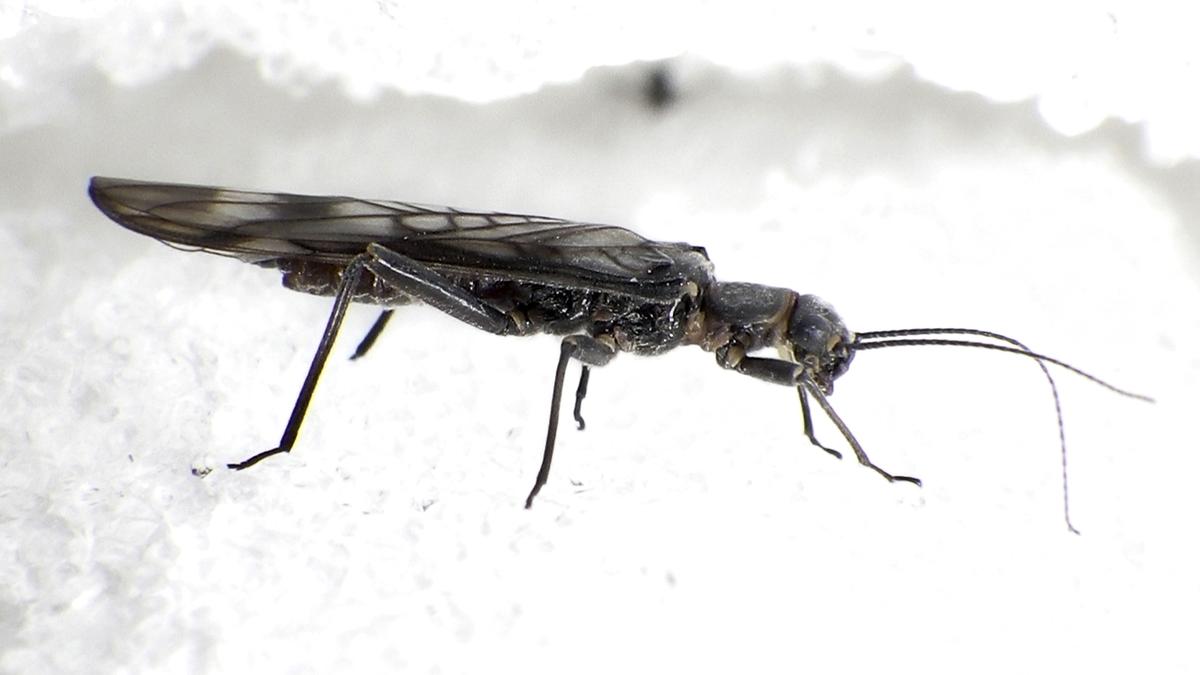
Stoneflies change colour in response to deforestation, suggesting humans can alter evolution Premium
The Hindu
As the planet warms, species’ ranges are shifting and their life cycles are changing.
As we continue to change the planet, scientists are worried we might also be altering the evolutionary trajectories of the species that live alongside us, perhaps even including some irreversible shifts.
Certainly, the evidence for change is everywhere. As the planet warms, species’ ranges are shifting and their life cycles are changing. As we harvest the largest fish in the ocean, the species affected are now maturing at smaller sizes.
But are these shifts we observe in wild populations underpinned by genetic changes (mutations in the DNA) or are they simply flexible responses to environmental change? If the changes are genetic, how are they happening?
So far, researchers have observed fewer clear-cut examples of human-induced evolution in the wild than one might imagine. But our new study may provide a new “textbook” case of human-driven evolution in wild insects.
Our findings are centred on an intriguing case of “mimicry” from New Zealand, in which a harmless insect has evolved to mimic the warning colours of a highly toxic species.
Convincingly demonstrating “evolution in action” involves finding the agents of natural selection (environmental factors driving the change) and discovering the genetic mechanism.
Until now, the peppered moth was the “classic” example of human-driven evolution. Dark-coloured specimens of the moth suddenly appeared during the 19th century. It was a likely response to industrial pollution which meant light-coloured individuals were no longer blending in to the increasingly sooty British environment. Despite its broad appeal, some aspects of even this famous case have been criticised as unclear and anecdotal.





















 Run 3 Space | Play Space Running Game
Run 3 Space | Play Space Running Game Traffic Jam 3D | Online Racing Game
Traffic Jam 3D | Online Racing Game Duck Hunt | Play Old Classic Game
Duck Hunt | Play Old Classic Game











